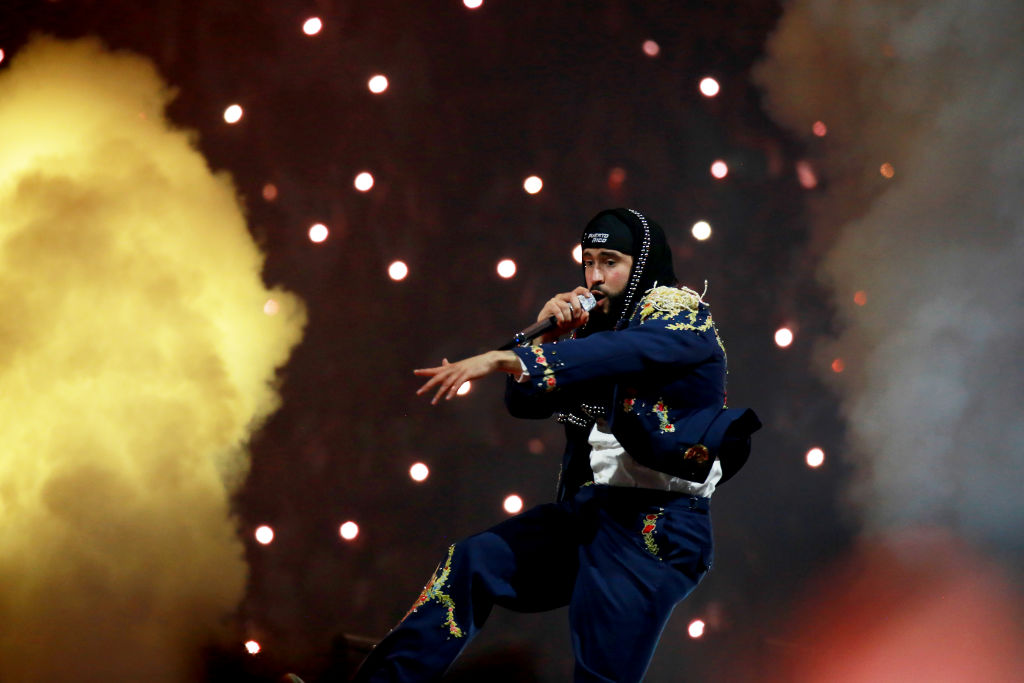2012 Voting Rights: "Don't Let Anybody Turn Us Back"
Voting rights in the United States of America are precious, inalienable and sacred.
In fact, the right to vote is not just a civil right in a particular nation; it is also a fundamental universal human right of every person of voting age in every nation throughout the world.
But it was “the blood” that was shed in Selma, Alabama on March 7, 1965 on that fateful Sunday afternoon by those courageous foot soldiers of the Dallas County Voters League (DCVL), the Southern Christian Leadership Summit (SCLC) and the Student Nonviolent Coordinating Committee (SNCC) who had dared to march for voting rights in the wake of the brutal murder of young Jimmy Lee Jackson in Marion, Alabama that changed the “critical timetable” of the Civil Rights Movement from “chronos to kiaros time.”
The virulent, vicious, and violent beatings of women, men and children that day in Selma who were crossing the Edmund Pettus Bridge caused the entire world to pause, to contemplate and to respond to that visual image of those racist atrocities that were distributed via the media across the globe.
The madness and hatred in Selma that day exposed a deep-seated racist cancer that had metastasized in the apartheid-laced voting systems in too many places across America.
And, yes, it was the eventual success of the Selma to Montgomery Voting Rights March that engendered the national groundswell support for the passage of the 1965 Voting Rights Act by the U.S. Congress.
Each year for the last 47 years, national and local civil rights organizations, church and union leaders, members of the U.S. Congress, and many others have made a journey to Selma on the first Sunday in March to commemorate “Bloody Sunday” and the living legacy of the Selma to Montgomery Voting Rights March.
We all are very grateful for the leadership of Senator Hank Sanders and Attorney Faya Rose Toure in Selma for keeping this historic observance alive and to protect the importance of voting rights for all.
It was such a good sight this year to see thousands of young people to join and march with some of the elders and senior leaders of the Civil Rights Movement once again marching together in the spirit of unity across that old Edmund Pettus Bridge.
But this was not just another symbolic march or a nostalgic remembrance of the glorious and sacrificial days of the past.
There is a crisis today in this time that is just as urgent as it was back in 1965, yet it seems that our collective sense of urgency for far too many of us remains at a very slow pace or low temperature.
There was and is a glaring need to refocus national awareness and activism on the contemporary issues of voter suppression, immigration injustice, economic inequality, workers exploitation, unemployment, women’s rights, failed educational systems, disproportionate incarceration, and overall increase in poverty across the nation. In other words, we need the movement for social justice, equality and economic empowerment today more than ever before.
Blacks, Whites, Latinos, Pacific Islanders and Asian Americans, Native Americans, and all others who yearn and cry out for a better quality of life should be organizing and mobilizing in every precinct, town, city, state and region.
This is no time to be indifferent or to become so alienated that you become socially and consciously paralyzed by a mean-spirited cynicism or to have an excuse-making, do-nothing attitude.
The living memories of the sacrifices of Medgar Evers, Jimmy Lee Jackson, Viola Liuzzo, Martin Luther King, Jr. and so many others who gave their lives for the cause of freedom, justice and equality deserves a much stronger response from all of us today.
Yes, we must remember what happened 47 years ago, but we must also learn from our past to change the present to sustain a more just and equitable future for all.
It was, therefore, an honor and a responsibility to lock arms and march across the bridge with the Reverend Jesse Jackson, the Reverend Al Sharpton, Martin Luther King III, the Reverend CT Vivian, the Reverend Johnny Ray Youngblood, the Reverend Jamal Bryant, Congressman John Lewis, Congressman Emanuel Cleaver (Chairman of the Congressional Black Caucus), Congresswoman Barbara Lee, Congresswoman Karen Bass, Congresswoman Terri Sewell, Mrs. Ethel Kennedy, SCLC President Isaac N.
Ferris, Jr., NAACP President and CEO Benjamin T. Jealous, AFL-CIO Executive Vice President Arlene Holt-Baker, National Council of La Raza (NCLR) President Janet Murguia, Selma Mayor George Evans, State Senator Hank Sanders, Attorney Faya Rose Toure, Mukasa Dada (Willie Ricks), Tuskegee Mayor Omar Neal, Mark Thompson, Dr. Ron Daniels, Hulbert H. James, National Voting Rights Museum and Institute President Attorney Carolyn Gaines-Varner, Sara Jones, Catrena Norris Carter, William Lucy of the Nationa
l Association of Black Trade Unionists, Connie Tucker, Mary Liuzzo (daughter of Viola Liuzzo) and thousands of others.
One of the most poignant moments at this year’s rededication in Selma was when a 100 year-old African American freedom fighting grandmother rolled her wheelchair to the front of the march.
Mrs. Amelia Boynton Robinson was one of the women leaders of the Dallas County Voters League that were severely beaten 47 years ago by Alabama State Troopers at the end of the Edmund Pettus Bridge.
Back in 1965 Boynton was 53 years-old when she was knocked down unconscious to the ground from the stokes of large wood club-sticks and axe handles in the hands of brutal opponents to voting rights for African Americans and all people.
Last Sunday, Queen Mother Boynton simply affirmed words of wisdom and direction, “Our long fight and struggle for freedom and equality is still alive.
We have come too far now and we are not going to let anybody or anything turn us back!”
Dr. Benjamin F. Chavis, Jr is President of the Hip-Hop Summit Action Network and Education OnlineServices Corporation, as well as serving as the National Director of Occupy the Dream and can be reached at HSAN.org












